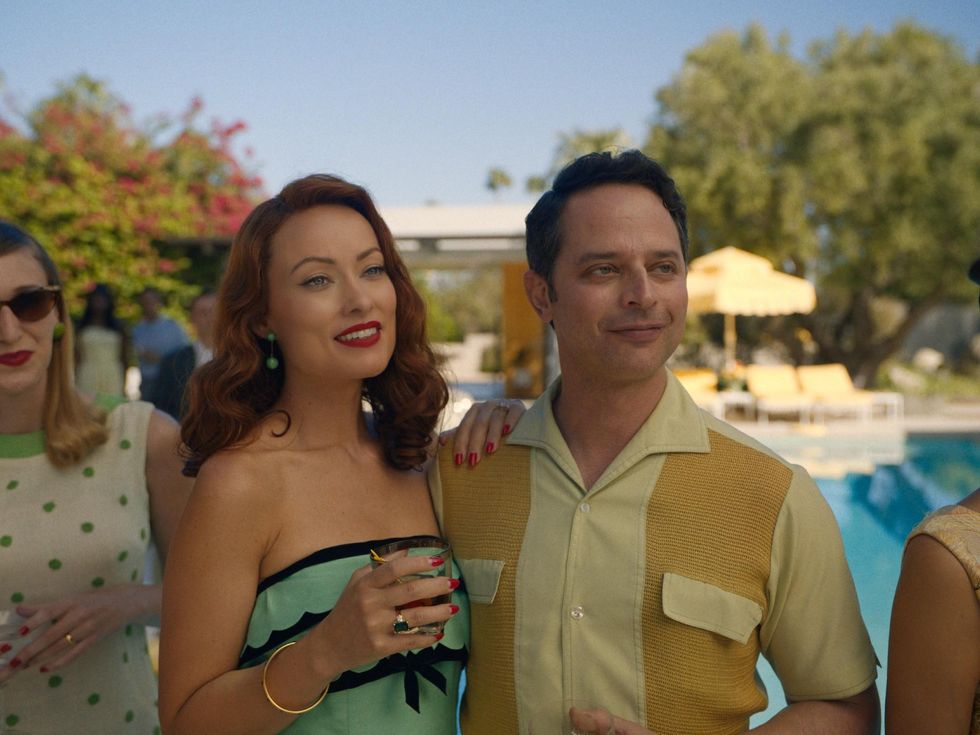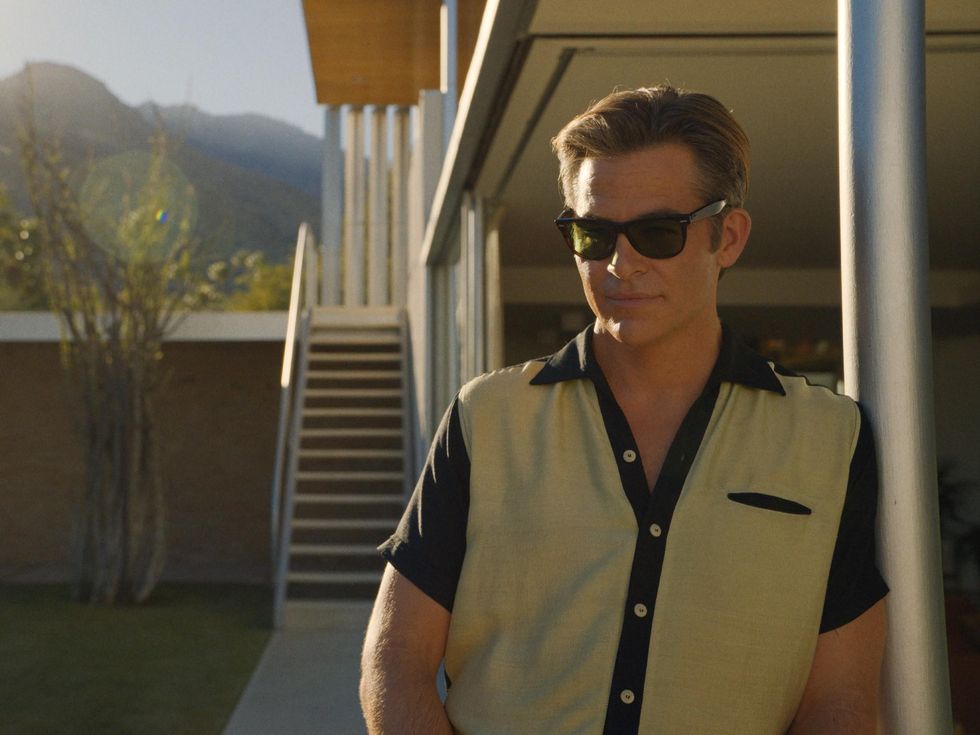Movie Review
Onscreen intrigue in Don't Worry Darling blunts off-screen drama

Opportunities for female directors have only been growing in recent years, a development that’s taken too long to happen. One of the beneficiaries of this sea change is Olivia Wilde, who made her directorial debut with 2019’s well-received Booksmart. Now she’s back with her highly-anticipated (for an assortment of reasons) sophomore film, Don’t Worry Darling.
The film stars Florence Pugh as Alice Chambers, who lives in a utopian small desert town with her husband, Jack (Harry Styles), who works for a company called Victory. The town has all the trappings of an idyllic version of the 1950s, from the style of the houses to the cars to the way the wives dote on their husbands. But right away it’s clear there’s something off about the town, especially since everyone seems to hold up the company’s leader, Frank (Chris Pine), as some kind of infallible person.

Alice starts to sense the cracks in town’s veneer, and gradually tests the boundaries that everyone else adheres to faithfully. Her suspicions only deepen when another wife disappears, and anyone with whom she chooses to confide gaslights her into thinking that she’s losing her mind. Trying to figure out what’s real or not drives her to do many things that threaten the whole town’s way of life.
Collaborating once again with Booksmart writer Katie Silberman, Wilde creates a mysterious and tension-filled film that is about as far away from the revelry of her previous film as you could get. There are times when the story starts to become too enigmatic for its own good, but Wilde seems to know exactly when to add on a new layer to keep viewers interested in where the story will take them next.
Wilde and Silberman also continue to explore gender politics through this well-told allegory. The actions of Alice and the other women (which include Wilde, Gemma Chan, Kiki Layne, Kate Berlant, and others) come off as Stepford Wives-ish, but they also act in ways inconsistent with people who have been brainwashed. When secrets finally start to be revealed, the story takes on a deeper meaning of male insecurity and female empowerment.

The behind-the-scenes technical team greatly aids in the mood of the film. The production design by Katie Byron is impeccable, and it and the desert landscape are shot extremely well by cinematographer Matthew Libatique. Especially standing out is the score by John Powell, who utilizes unconventional sounds and voices to create music that elevates every scene to which it’s attached.
Pugh has already been a star for several years, and she shows yet again why she’s held in such high esteem. She brings just the right level of angst, confusion, and anger to the evolution of her character, making her compelling throughout. Styles acquits himself well in his biggest role to date, never coming off as just a singer pretending to be an actor. Pine is also great as the creepy-but-charismatic Frank, demonstrating skills that every good cult leader needs.
Don’t Worry Darling holds a lot more than what it shows on the surface, making it a great second film for the talented Wilde. With a proven ability to jump between genres effortlessly, she should be given many more opportunities to tell stories on the big screen.
---
Don't Worry Darling opens in theaters on September 23.
Don't Worry Darling | Official Trailerwww.youtube.com
